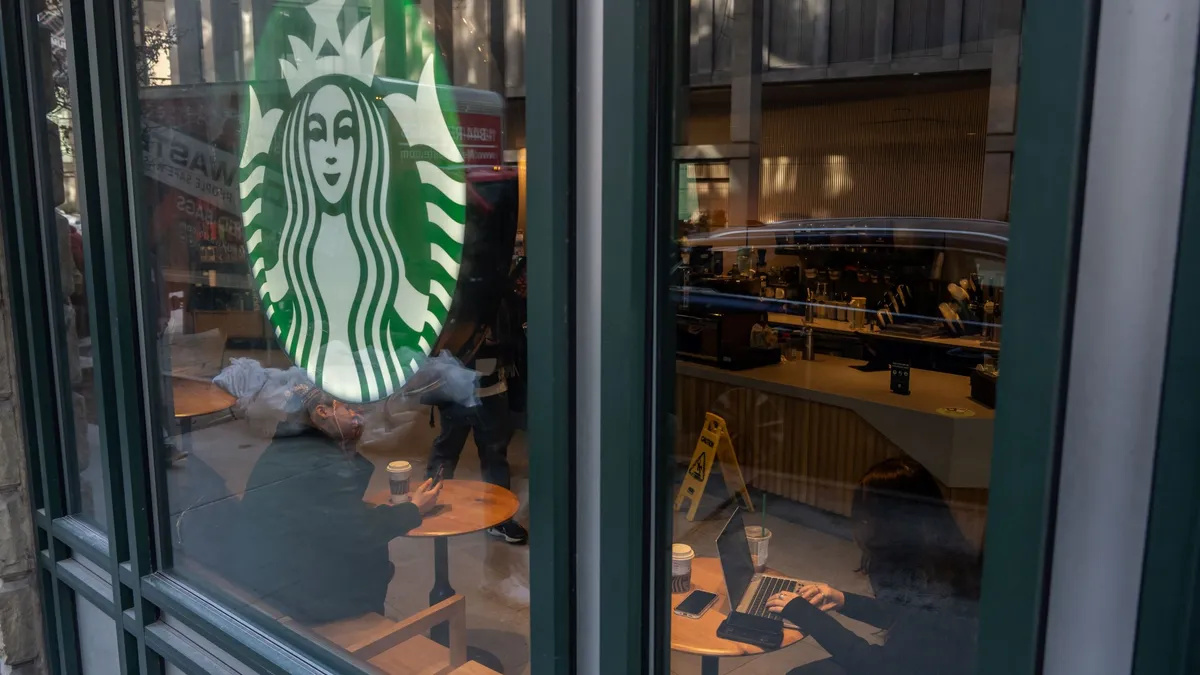Cigna announced in February that it would tie high-level executive compensation to net promoter scores as part of a larger strategy to improve customer experience. The measurement will affect the C-suite as well as bonuses for thousands of other executives.
Cigna is in good company. Half of CX leaders say their firms pay employees for hitting NPS targets, according to Forrester research.
Companies commonly view a connection between compensation and net promoter scores as a way to ensure executives take customer experience mandates seriously. However, experts question whether tying a CX metric to pay is the right way to make experience central to a company’s culture.
“I think that's a fundamentally flawed idea that will destroy the business in 95% of the cases — unless it's only senior executives and it's tied to relative performance,” Fred Reichheld, Bain & Company fellow and the creator of NPS, told CX Dive.
The net promoter score is based around one question: How likely is it that you would recommend a company, service or product to a friend or colleague? Companies ask respondents to rate their response on a scale ranging from zero, for not at all likely, to 10, for extremely likely. The final score is calculated by subtracting the percentage of detractors — those who respond with a six or less — from the percentage of promoters — those who respond with a nine or 10.
NPS is designed to be part of a learning system focused on improving customer outcomes, according to Maureen Burns, partner at Bain & Co. Putting the focus on compensation at the expense of creating a culture around learning and improvement can limit the metric’s potential.
Companies that want to make NPS part of their compensation should take a cautious approach, experts said. Tying up a customer satisfaction metric with monetary incentives runs the risk of warping how the business handles customer insights and can even influence how customers respond to surveys.
How impacting compensation can affect objectivity
Perhaps the biggest potential pitfall of tying a metric like NPS is that it can alter how the people measuring the number approach their duties. When NPS is tied to compensation, the metric often becomes warped, according to Mark Lipton, professor emeritus of management at The New School and Parsons School of Design.
“Whenever something is going to impact my compensation, my odds of a promotion or my very stability in keeping my job here, I am going to be driven to see how I can influence those numbers,” Lipton told CX Dive.
If people are being punished or rewarded based on NPS, they’ll find ways to make the score look good, especially if it affects their paycheck, according to Lipton.
“I'm not indicting the folks who do that,” Lipton said. “It's just what we do in our organizations. We manage to the metrics.”
Senior leadership isn’t immune to this phenomenon. No one likes being criticized, whether directly or through the implication that the business they run has a significant problem.
The way to overcome this problem is to create a culture of learning and improvement around NPS, according to Burns. The process starts at the top and works its way down and is essential for getting the most out of the metric regardless of whether it’s linked to compensation.
However, even an objective approach has its limitations. Executives can’t really say they’re doing a good job based on NPS in a vacuum, according to Reichheld. What really matters is how the score is changing relative to competition.
“If I'm Delta Air Lines, I want to look at how America and United are doing on net promoter. I’ve measured apples to apples,” Reichheld said. “When you go to that level of precision, it's brilliant.”
The downsides of tying employment to NPS
Even when connecting NPS and compensation makes sense for top executives, the practice shouldn’t trickle down to the rest of the company, according to Reichheld.
“It's usually well intentioned, but it's just a horrible idea because your team starts caring more about their score,” Reichheld said. “That drives their bonuses or their continued employability, and so you get begging and pleading for scores.”
The effect becomes more pronounced as it reaches frontline employees. No one wants to get their Uber driver fired just because they were a little late, which means they’ll give a top score even if their ride wasn’t actually perfect, according to Reichheld.
“You would think that's a promoter at five stars, but it's not,” Reichheld said. “It just means no fireable offense, and when you get that kind of grade inflation you weaken real feedback. It's just a big waste of activity if it only captures the criminals and the real underperformers.”
While NPS shouldn’t be tied to employability for frontline workers, it still holds value for these employees as a learning tool, according to Burns. Negative feedback in particular can be very valuable, which makes it important that surveys are conducted with objectivity.
“The system can lose its power if it becomes gamed,” Burns told CX Dive. “You want people to welcome the feedback and to say, ‘You know, every once in a while, I'm gonna get a bad score, but I'm gonna learn from it and get better.’”





















